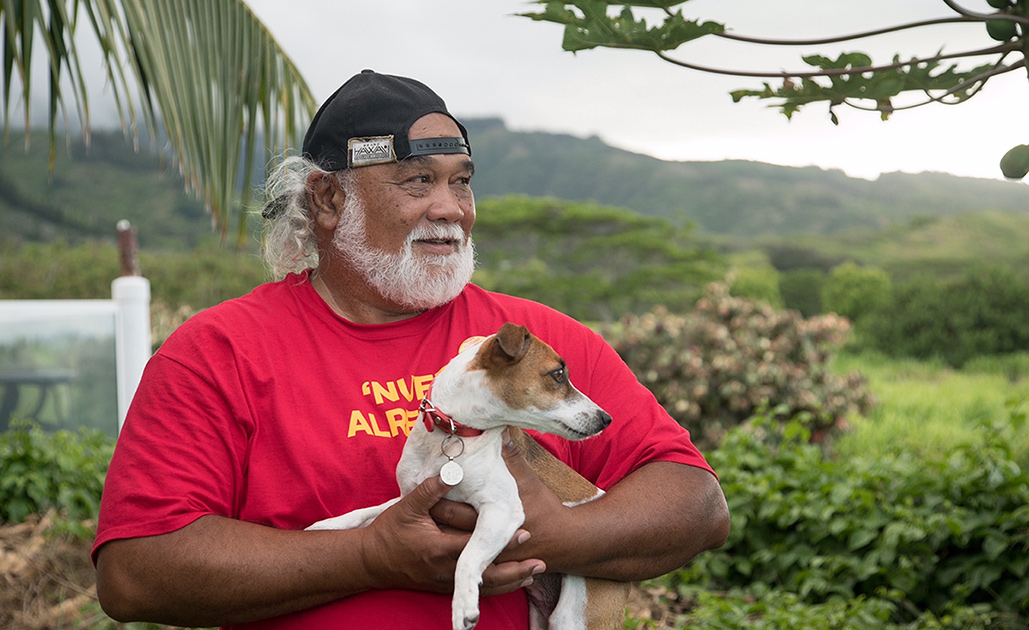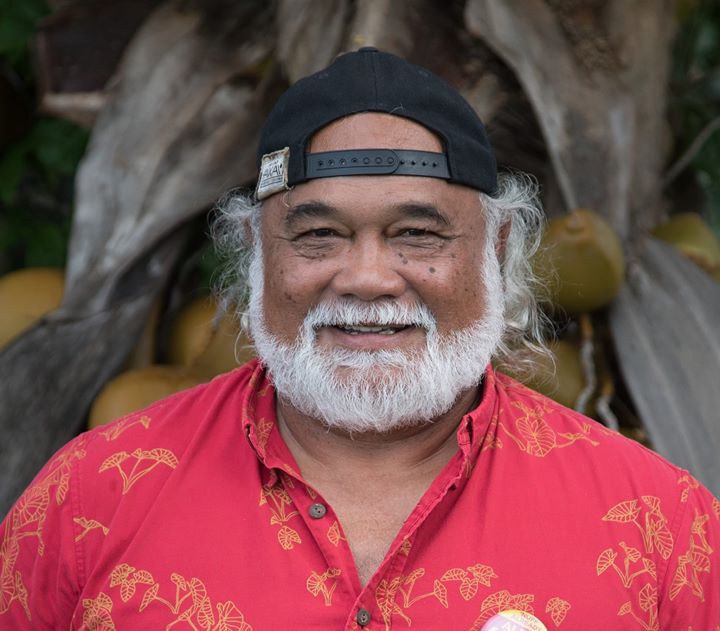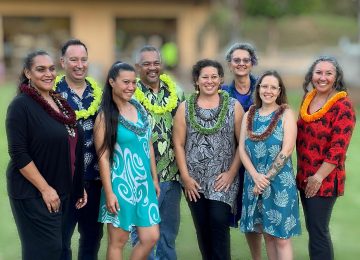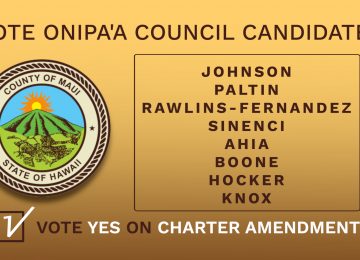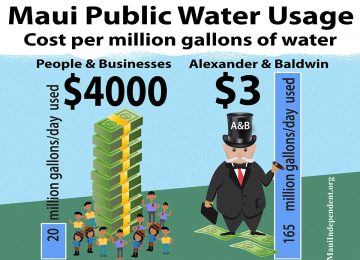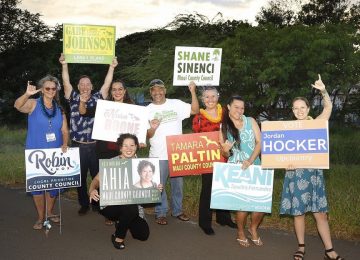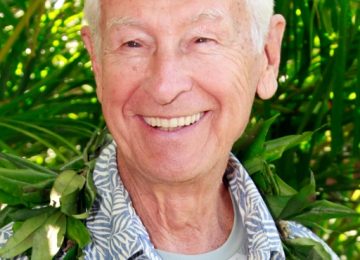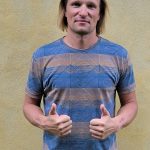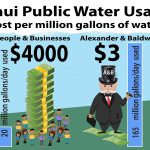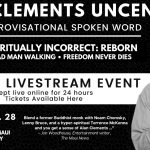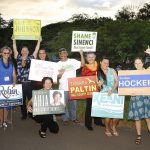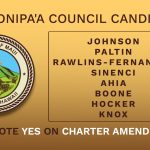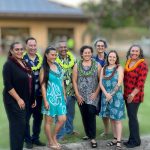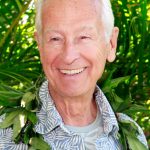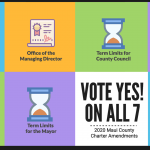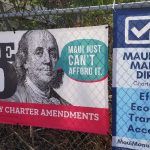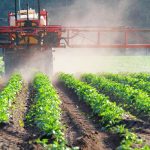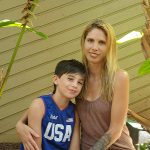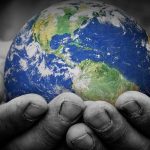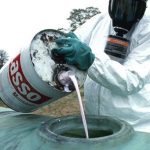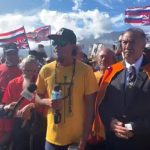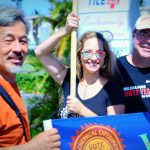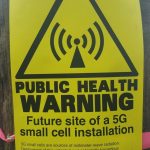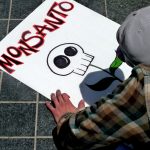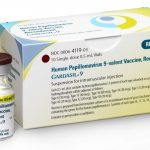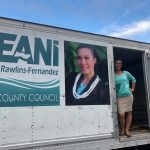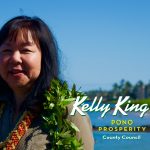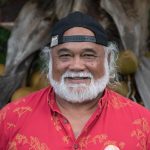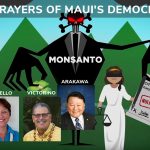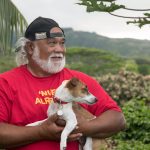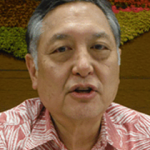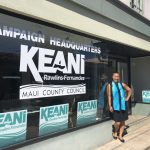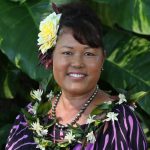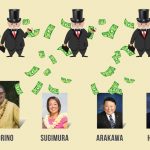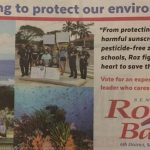In November, organic farmer Alika Atay, the grassroots leader of Hawaii’s ʻĀina Protector’s United effort was elected to the Maui County Council in a stunning upset (described in detail here).
Atay was the lead plaintiff in the SHAKA Movement’s federal lawsuit over the invalidation of Maui’s successful GMO Moratorium initiative in 2014.
This Maui Independent In Their Own Words features the barrel-chested, deep-voiced leader known to many Native Hawai’ians as “Uncle Alika.” His words are from interviews conducted during the past year by journalist Jonathan Greenberg.
From Standing Rock to Maui: Protect Our Water
“I stand to protect our drinking water.
We are very similar to our brothers and sisters in the Dakotas fighting to protect the Missouri River because Ola Ka Wai: Water is life.
ʻĀina Protectors United is like-minded people who have been raised under the values of Aloha ʻĀina (love of the land). Everything we do has a connection to the earth and our resources. Given our responsibility under Aloha ʻĀina, we must stand up and protect.
I am speaking for the land, for the water, for the children. We all have a responsibility to stand up for future generations. The importance of native water rights and the ʻĀina Protectors movement is to allow those of us who are of the ʻĀina to understand that this is our indigenous right that we are born with.
We need to stand up and say enough of the oppression.
For me and the people, we are all kanakas. If they poison us, if they allow this to continue, they are creating cultural ethno genocide. They are slowly killing us, the kanaka–Hawaiians and my children and my future descendants. If we die or if we get sick and this place gets polluted, where else do we go? We don’t have anywhere else to go in the world to call our homeland. This is our homeland. And as Kanaka Maoli, as indigenous people of this land, we cannot allow corporations such as Monsanto to be more important than the health and welfare of our people.
We are into into grassroots democracy. Grassroots democracy comes from the ground up, from the indigenous, spiritual, and cultural level. It says we will live the way we want to live.
My involvement with this movement began 40 years ago, when agrochemical companies sprayed DDT onto their plants, like the pineapple plantations. After soaking the plants, the DDT soaked the soil, and after soaking the soil, it went down and hit our water aquifer. It tainted our drinking water well until we could no longer drink fresh water from the well. Forty years later that well is still tainted. We cannot drink that water. It is still tainted.
Monsanto fields are only 40 feet above sea level. We ran into a Monsanto field and saw their spray board. It said they sprayed a 100-acre field four times a day, and the next day, five times a day, the very next day four times. With different chemicals.
You drench the fields, and then you get a big rain. The earth becomes a wet sponge and gets saturated, and all that chemical poison gets pushed down. The question is not if it’s going to hit our water table. The question is if they keep this up unchecked, when will it hit our water table to also make it unsafe for us to be drinking fresh water?
I believe this is about water and the pesticides that affect water. I am concerned with the drenching of our land with pesticides and the effect this has on our water. We live on an island and must protect our sacred water.
We have to look at the damage heavy chemical pesticides are doing to the soil and the aquifer. Not only what affects us now but more so the long-term future concerns. What kind of water will our future generations have to drink?
People Power
Look at what our experience has been for the last two years against the biotech pesticide companies. During the [GMO Moratorium Initiative] contest, there was big, big involvement of organized corporate money, spending close to $8 million.
Yet the people voted yes, and the people defeated them. The big lesson was the power of the people; what was victorious was organized people.
If You Are Not at the Table, You Are On the Menu
If you are not at the table, you are on the menu.
Whatever community you are, whatever country you are, you’ve got to open your eyes and be at the table.
We have that power. We the people can organize ourselves to stand up against them and say, “This is wrong.” Yes we call out Aloha ʻĀina; love the land. But it is not as simple as that. You cannot interpret it just by the words. You have to understand the values that are in there. How do you practice Aloha ʻĀina values? By protecting our natural resources, protecting our water.
It Takes a Village
“Right now, with this [November Council election] victory, we are setting the cornerstone of the house that we want to live in. It is up to the rest of the village to be involved in the construction of the house. I am looking forward to setting policy, regulations, and enforcement that will protect our natural resources. We need our entire village to be involved to solve these problems.
We live on an island, and our job is to protect this aquifer, our sacred water. There is a wave of momentum for change to protect our Maui way of living. Everyone sees the handwriting on the wall and is concerned with protecting the environment, which also protects our tourist economy.
Our Responsibility to Become Great Ancestors
Our ancestors, my ancestors, they lived here for 1,500 years. They lived here organically, naturally. They didn’t live with chemical poisons.
Then my ancestors handed it over to me: green pristine, clean, and sacred.
And in a very short period, westernization came in and almost killed us. Almost. Unless we come in and say, “Nuff already. This ain’t happening.”
We want to become great ancestors.
I don’t want to pass on and have my descendants say, “My tutu—he didn’t do a good job by giving us this place all polluted.”
We have a responsibility to our future.
That’s why we do this.”
